What is a Knowledge Management System?
|
A Knowledge Management System concerns itself with the explicit and systematic management of vital knowledge and its associated processes of
|
And what does this mean exactly? It means, if you or I are going to set about defining a Knowledge Management system, we should look at how exactly - what is involved in
- Creating knowledge. How is knowledge created in our organisation, where is it created, what types of knowledge are we interested in creating and how we, as an organisation are going to support this creativity or innovation.
- Organization of Knowledge: What organization is behind the concept of knowledge in the organization: are people responsible for supporting the creation, storage, rewarding and accessibility of knowledge.
- Diffusion of Knowledge: What processes are in place to spread out knowledge gained. Can knowledge in one area be beneficial in another? How do people KNOW things - what do people need to know - and how do they find out.
- What processes can be integrated into your organisation as part of this system to make sure the knowledge is used? Teams? Databases? Is knowledge going to be something on a shelf or upfront ready for people to be nudged to use it?
- Processes for the exploitation of knowledge. This is the targeted use of knowledge in as many areas as possible. This will include enabling easy communication of the knowledge - but also the review of existing processes for lessons learned and how this can be replicated to improve other processes.
What do these terms mean?
Explicit:
Knowledge is explicitly recognized as a corporate asset and reflected in an organizations language, documents, business strategies and plans.
Systematic:
the management of knowledge is too important to be let to chance or ad hoc opportunities, a degree of formalization should be introduced.
Vital:
there is an immense amount of knowledge but organizations and people only have time to focus on what is most important; this is why there needs to be a strong link with organizational objectives and priorities.
Process and Content:
Organizational processes can enhance the value of knowledge by making it more easily accessible and making it available at the right place in the right format at the right time.
(Note: Consider how Mobile learning - learning with Mobile phones - enables this whole concept!)
Important Aspects Of A Knowledge Management System
In KM the important aspects are
As a manager, you should consider the
- suitability
- validity
- accessibility and
- durability
of knowledge of all kinds in an organizational context.
Knowledge is the Driver of Economic Progress and the Basis of Power!
How Do You Plan a KM System
You will plan your system by assessing, determining and nurturing the:
- Enablers in the Organisation.
- The Levers to Knowledge Management in the Organisation
- The Foundations for a Knowledge Management System in the Organisation.
What aspects in the organization would Lever the success of a KM System?
Which are the main processes and how are they managed?
What types of Networks are within the organization and externally?
What kinds of Market leverage would be possible through a KM System?
How could Knowledge be measured?
What are the Foundations to this KM System?
- Hard Infrastructure such as Intranet, Groupware, etc.
- Soft Infrastructure such as Roles, Skills, Development and Rewards.
- And which Tools and Techniques can be used to make these more accessible?
|
Definition of Knowledge: Go to this page to find more information on the definition of knowledge and how this involves your life and your place of work. | |
|
|
Definition of Knowledge Management Check here for the definition of Knowledge Management - as well as the main drivers of KM. Find out the main points needed to ensure a successful KM approach. |
|
Knowledge Management Tools: Discover the ways that a Knowledge Management System can be structured using activities and tools. Find out what other high profile companies have done. |
|
|
|
Knowledge Learning Corporation What characterizes a Knowledge Learning Corporation? What are the main elements that drive the improved competitive advantage that results? Check out this page for more information. |
Go To Top of Knowledge Management System Page







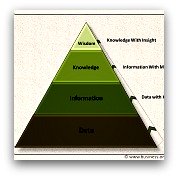



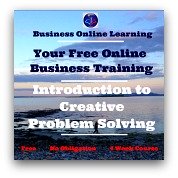
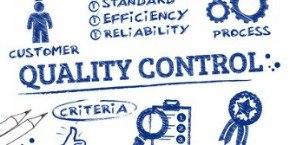

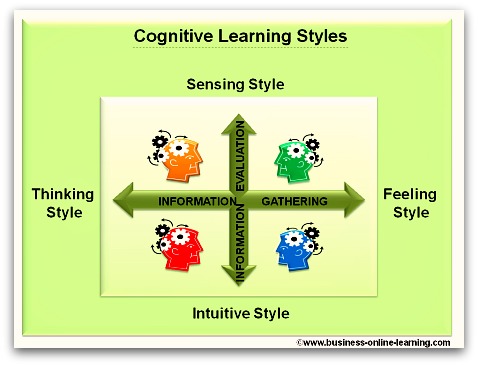
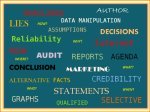

 My name is Martha and I have worked for over 30 years in various aspects of business and in various countries, right around the world.
My name is Martha and I have worked for over 30 years in various aspects of business and in various countries, right around the world.